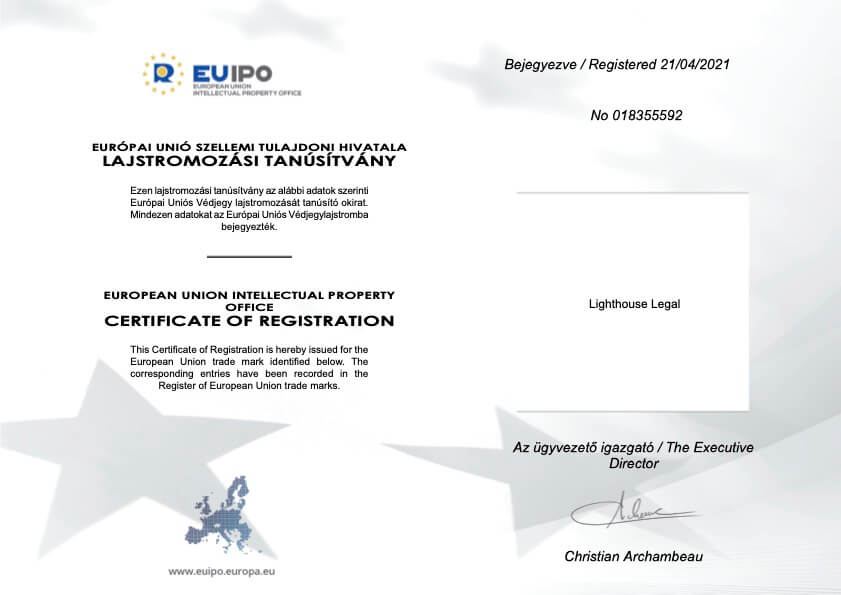
Our client, a manufacturing division of a domestic company in the agricultural sector, was facing labour issues. Some of the production processes (cutting, sorting, material handling, etc.) had been outsourced for several years to outside contractors with a reliable workforce with relatively low fluctuation.
The management had the idea of acquiring these companies in order to have a larger workforce that could be managed consistently and moved between divisions, which was not possible for several reasons.
On the one hand, the companies had relationships with more important customers and could, therefore, not be acquired, and on the other hand, this would have been unfortunate in terms of taxation and labour law.
However, it came in handy for our client that the companies concerned announced that they would prefer to concentrate on other priorities in the future and that they would allow the transfer of their workforce to our client if they were willing to take on the burden of the obligations arising from the "pre-existing legal relationship" by analogy with "employer succession".
Given that the transaction did not involve a transfer of an economic entity under Article 36 of the Labour Code, the rights were not transferred by operation of law, we had to create a system that enables the transfer on a contractual basis.
Our task was to devise an agreement that would also ensure that the transaction did not operate as an unlawful transfer of labour. We managed to do this by ensuring that the contract between the two employers was not onerous, so the receiving employer did not pay any remuneration to the transferring employer.
The idea was that the transferor would help and support the employees to start working for the new employer, and in return, the new employer would agree with the employees (as new legal relationships were created) to take over the obligations arising from the previous employment.
The workers who accepted this terminated their contracts by mutual agreement with the previous employers and concluded employment contracts with the new employer, which recognised the previous employment relationship quasi as an accrual period and treated the other obligations as well.
Thus, our client obtained a skilled workforce without recruitment, the former employer did not have any payment obligations (such as pay during the notice period), and the employees were happy to keep their jobs on such advantageous terms.

